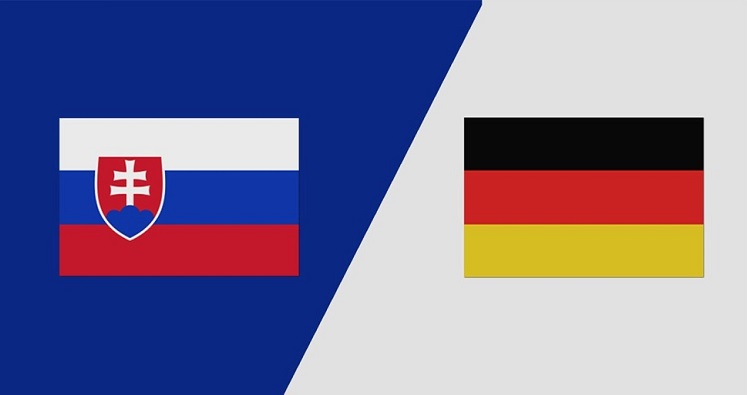Germany, meanwhile, arrive in Bratislava amid an adjustment period. Nagelsmann’s squad has been hit by injuries to key players such as Jamal Musiala, Kai Havertz, and Leroy Sané. Their absence has opened the door for fresh faces, with Finn Dahmen, Paul Nebel, and Nnamdi Collins earning their first senior call-ups.
Despite these changes, the core of Germany’s midfield remains formidable. Joshua Kimmich and Leon Goretzka bring experience and physicality, while Florian Wirtz has emerged as a creative spark.
Up front, Niclas Füllkrug and Nick Woltemade will carry the attacking burden. Germany’s form has been inconsistent—an eight-match unbeaten run was followed by defeats to Portugal and France—but their depth and pedigree still make them dangerous opponents.
Germany has historically dominated this fixture, winning three of the last four meetings with Slovakia. Yet the last encounter between the two nations took place nearly a decade ago, and much has changed since.
Slovakia’s defensive cohesion and home crowd could tilt the balance, especially against a German team still finding its rhythm with a reshuffled lineup.
The atmosphere in Bratislava is expected to be electric, with Slovak fans eager to see their side capitalize on Germany’s vulnerabilities. With Northern Ireland and Luxembourg also in the group, an upset result here could dramatically shift the qualification picture.
Slovakia’s recent momentum and defensive structure suggest they could push Germany close. A disciplined midfield and opportunistic attack may even deliver a surprise 2–1 win for the hosts, shaking up Group A and signaling Slovakia’s intent to be serious contenders rather than outsiders.
That said, Germany’s track record away from home remains strong. They won five of their last eight competitive away fixtures, while Slovakia have struggled on their own turf, losing four of their previous seven.
